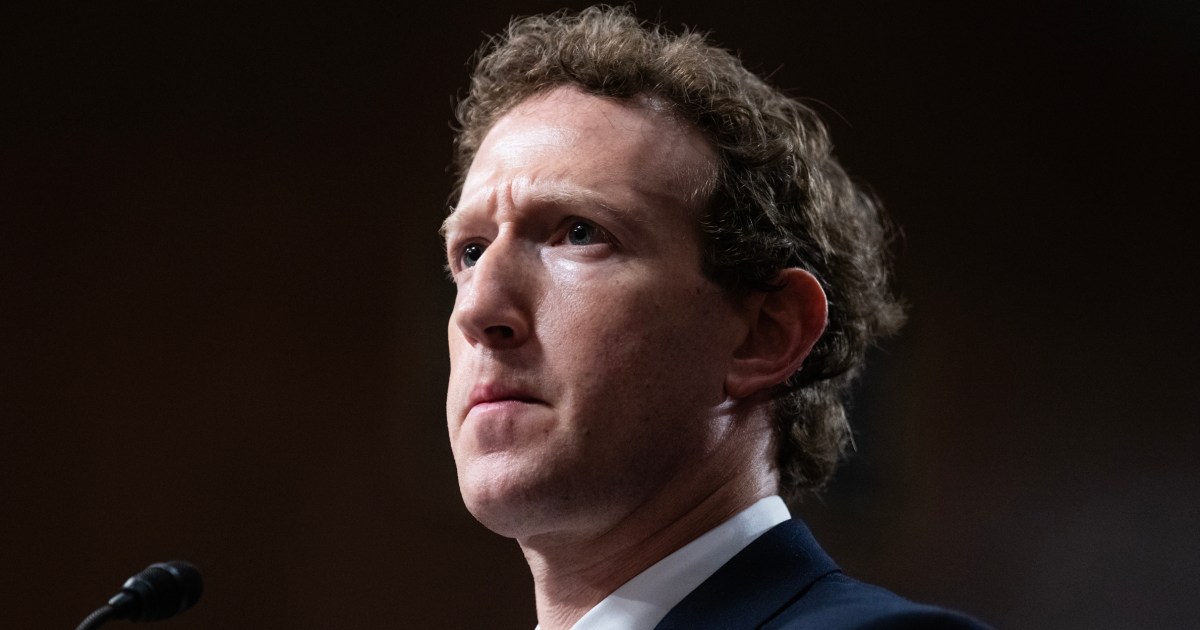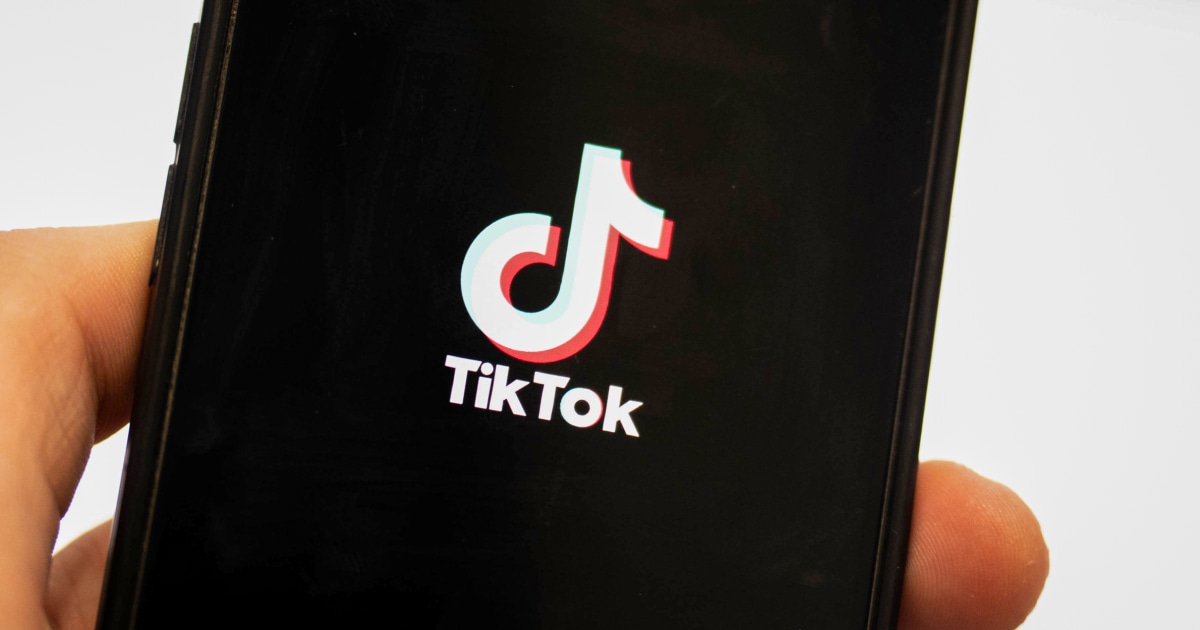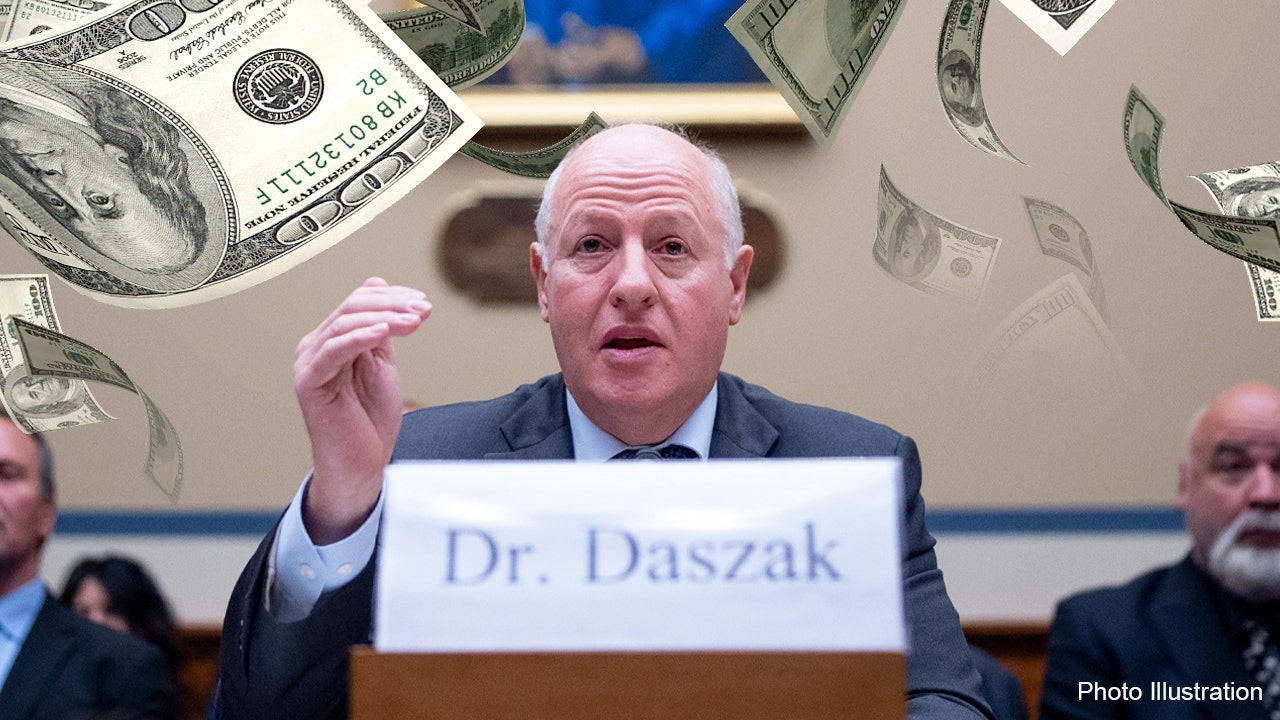On Friday, Meta CEO Mark Zuckerberg appeared on the Joe Rogan podcast, which is becoming a landing spot for reactionary tech billionaires to air their conservative beliefs largely unchallenged. In the three-hour interview, Zuckerberg defended his decision to deregulate fact-checking and hate speech management on his platforms, while repeatedly expressing frustration over how he had been treated by the media and politicians.
“Really, when you think about it, the U.S. government should be defending its companies,” Zuckerberg said. “Not be the tip of the spear attacking its companies.”
Complaints like those from Zuckerberg and Thiel are obviously self-serving and based in personal resentment.
In an essay for the Financial Times that same day, Zuckerberg’s mentor Peter Thiel was far harsher. Thiel defined the Biden administration as an interregnum between two Trump terms, one that stopped the public from hearing “indecent facts” about Covid, while Biden used the levers of power to attack crypto and other tech industry priorities. This raised the billionaire’s suspicions that something conspiratorial was going on.
“Darker questions still emerge in these dusky final weeks,” Thiel wrote, pointing to venture capitalist Marc Andreessen’s claim during a recent appearance on Rogan’s podcast that the outgoing administration “debanked” crypto entrepreneurs.
As these right-wing industrialists become more strident in their views, one explanation they have given for their shift is that lawmakers, especially Democrats, have gone after the tech industry. In fact, as I write in my forthcoming book “Owned: How Tech Billionaires on the Right Bought the Loudest Voices on the Left,” Silicon Valley conservatives are becoming radicalized by their grievances and using that as an ideological tipping point to be more open about their pre-existing politics.
On their face, complaints like those from Zuckerberg and Thiel are obviously self-serving and based in personal resentment. Both men, by griping about how they’ve been treated by the public and objecting to government regulation of their companies and investments, are showing their hand.
It’s true that Democrats have sharpened their rhetoric against the industry over the last decade. The party has certainly made political hay out of chasing down tech industry involvement in the outcome of the 2016 election. But that incendiary language hasn’t translated into more than occasional hearings, and the investigations had few actionable findings.
Nevertheless, for the first time in decades, Democrats and Silicon Valley were on opposite sides of the political spectrum. And Republicans, whose attacks on the tech industry have been limited to vague concerns about “free speech,” quickly turned to celebrating men like Thiel and Tesla CEO Elon Musk.
In this modern media and political environment, though, billionaire whining is directing how the country works.
But that partisan divide is a smoke screen. The one thing that tech can count on, regardless of which party is in power, is the spigot of government cash continuing to flow. A wealth-generating torrent of state spending has made many of these men into billionaires, and led to their outsized power in determining the country’s political future. And alongside that wealth is a growing dissatisfaction with how they’re treated — not as it applies to their material success, but that they’re facing criticism at all.
In this modern media and political environment, though, billionaire whining is directing how the country works. Zuckerberg and other tech titans are invested in shaping political media to their own ends to further their ideology, all while ensuring they have influence over the national security state’s allocation of resources.
Through the Trump and Biden administrations, Silicon Valley continued to reap the benefits of government largesse. The military relies on contracts with a number of large tech companies like Jeff Bezos’s Amazon Web Services and Musk’s SpaceX and Starlink. The interconnectedness of the industry and federal defense means that, in reality, it’s quite difficult for lawmakers to hold tech companies accountable.
The carte blanche enjoyed by tech leaders was perhaps most apparent last year, after an assassination attempt on Trump, when Musk posted, “And no one is even trying to assassinate Biden/Kamala.” In a rational world, this would have at least raised questions about his security clearance; other than the Secret Service saying it was “aware” of the post and a scolding news release from the White House, Musk escaped consequence.
Now, with Trump’s inauguration days away and a resurgent right in control of Washington, Silicon Valley tech titans are poised to exercise even more power and influence over the institutions that have made them fabulously wealthy. Unsatisfied with bipartisan funding and support, they’ve taken their minor personal complaints with how the public speaks to them today and turned it into a pretext for what Andreessen gleefully described to Rogan as a “profound political realignment” in the industry.
For the time being, tech leaders will have sympathetic ears in the White House and Congress. The question is whether they overplay their hand — and if Democrats, once back in power, will do anything differently after the sector’s far-right turn.
Source link
 Insights Daily World is your one-stop destination for discovering unbeatable discounts, trending deals, and the latest offers across various products. Stay informed with the newest updates, breaking news, and insightful deals, all designed to help you save and stay ahead
Insights Daily World is your one-stop destination for discovering unbeatable discounts, trending deals, and the latest offers across various products. Stay informed with the newest updates, breaking news, and insightful deals, all designed to help you save and stay ahead




